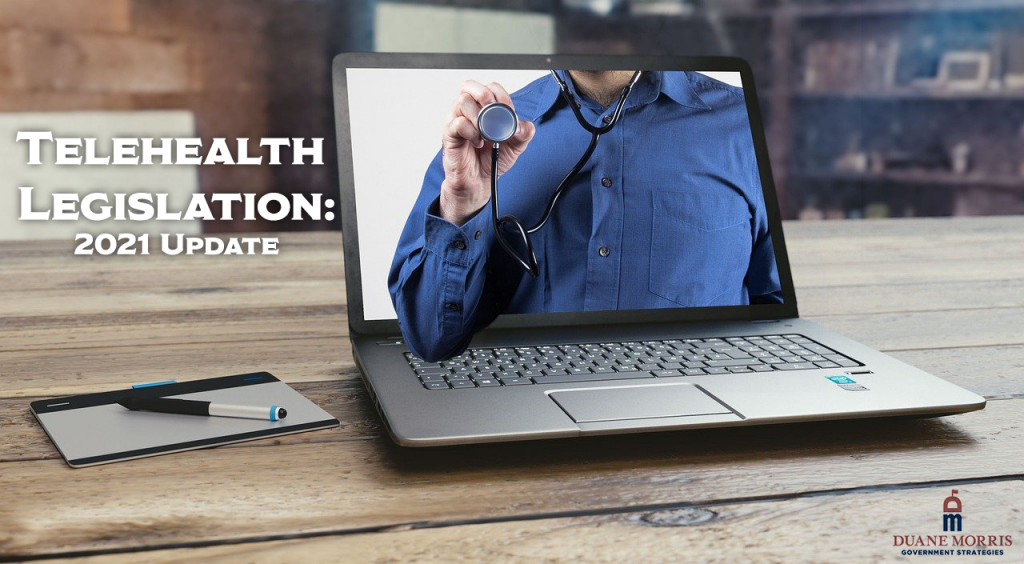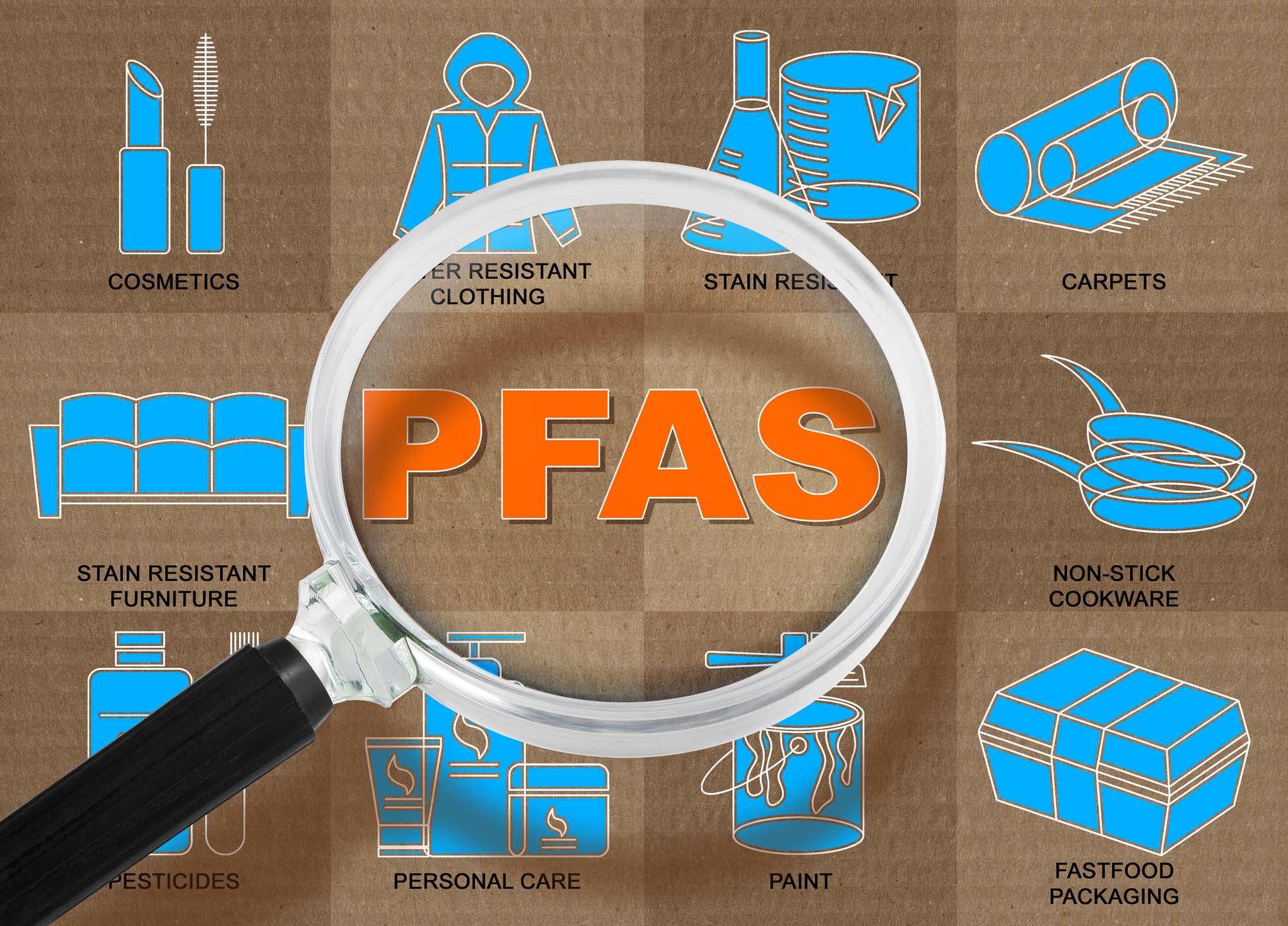Since the outset of the COVID-19 pandemic, there has been an increased push for patients to meet virtually with their providers and to allow for certain expansions or relaxing of rules related to telehealth. With the increasing desire to expand telehealth arising, lawmakers across the country have looked to introducing myriad telehealth legislation over the last year and a half. Various issues related to telehealth have come up in these discussions, including whether or not to make any changes permanent and whether or not insurance covers telehealth.
Arizona Governor Signs Telehealth Expansion Legislation
In May, Arizona Governor Doug Ducey signed legislation expanding telehealth services and providing more opportunities for accessible medical services. House Bill 2454 makes sure doctors receive equal compensation for providing telehealth services and also allows for out-of-state licensed professionals to provide telehealth services in the state. Further, the bill also prohibits healthcare boards from enforcing rules or requiring that a patient make an in-person visit before being prescribed most medications.
Essentially, HB 2454 will make telemedicine services provided through Ducey’s Executive Order last year permanent. Ducey’s EO required health care insurance companies to expand telemedicine coverage for all services that would usually be covered under an in-person visit.
Connecticut Governor Extends Telehealth Services for Another Two Years
Governor Ned Lamont issued Executive Order No. 7G near the beginning of the pandemic in March of last year. Among many public health and safety declarations, the order relaxed many state laws that regulate telehealth services. The order also expanded Medicaid coverage for telehealth in an attempt to increase patients’ access during the pandemic. Signed by the Governor in May of this year, House Bill 5596 allows the relaxed rules enacted through this executive order to remain in place through at least June 30, 2023.
Included in the expansion are:
- Expands the types of providers and licensed professions allowed to provide telehealth services, such as dentists, behavioral analysts, music therapists, art therapists, physician assistants, physical therapist assistants, and occupational therapy assistants;
- Permits audio-only visits without requiring video for telehealth services; and
- Allows for professionals licensed in other states to provide telehealth services in Connecticut if they have the minimum professional liability insurance coverage.
Delaware Telehealth Access Preservation and Modernization Act
In June of this year, Governor John Carney signed HB 160, the Telehealth Access Preservation and Modernization Act of 2021. The bill makes permanent many of the provisions issued by the Governor regarding telehealth during the pandemic. Under the emergency order, HB 160 extends the permitted use of many telehealth services without first requiring an in-person visit. Furthermore, like New York (see below), the bill expands access to telehealth services by permitting audio-only virtual visits. The bill seeks to provide flexibility to those who lack adequate broadband access or smartphones and can only meet with providers via landline or audio-only phone.
Additionally, the house bill also brings Delaware into the Interstate Medical Licensure Compact (IMLC), joining 29 other states. To increase access to care from outside the Delaware border, the compact creates an expedited process for already licensed medical professionals to receive state licensure in other participating states. According to the bill, “an eligible physician can qualify to practice medicine in multiple states by completing one application within the Compact, and receipt of separate licenses from each state in which the physician intends to practice.”
New York Telehealth Legislation
On June 17, 2020, former New York Governor Andrew Cuomo signed Senate Bill 8416 into law. The bill stipulated that audio-only and video-only telehealth services are eligible for reimbursement. Prior to the bill being signed, New York law mandated that telehealth appointments to include both video and audio services.
Additionally, Senate Bill 2998A, which passed the State Senate 63-0 in March, would make certified peer recovery advocate telehealth services and credentialed family peer advocates eligible for reimbursement. The bill was sent to the New York State Assembly in March and has not advanced further at this point.
Rhode Island Telehealth Expansion
Earlier this summer, Rhode Island Governor Daniel McKee signed legislation to preserve certain emergency declarations made during the height of the pandemic and greatly expand access to telehealth in the future. More specifically, S0004 and its State House counterpart H6032, make the following expansions to telehealth:
- Allowing patients to receive telemedicine services at home;
- Permitting the audio-only delivery of telehealth services;
- Requiring that deductible, copayments, or coinsurance are no more than if the same services were performed in-person;
- Requiring that prior authorization, medical or benefit determinations, and utilization review are no more stringent than if the service was performed in-person;
- Requiring telehealth services are covered by Rhode Island Medicaid; and
- Authorizing the Office of the Health Insurance Commissioner (OHIC) and Executive Office of Health and Human Services (EOHHS) to communicate new telehealth rules and regulations.
Latest News
Photo credit: iStock.com/24K-Production Across the United States, lawmakers are increasingly reconsidering psilocybin policy in response to growing evidence of its therapeutic potential. Psilocybin is a naturally occurring psychedelic compound found in particular species of mushrooms. [...]
Photo credit: iStock.com/Motortion In 2022, the U.S. Supreme Court decision in Dobbs v. Jackson Women's Health Organization overruled a federal constitutional guarantee of freedom to abortion. Since then, legislation concerning reproductive healthcare—including access to [...]
Photo credit: iStock.com/Francesco Scatena Recent trends across the country have seen several states introducing bills to ban certain chemicals, particularly perfluoroalkyl and polyfluoroalkyl substances (PFAS), in consumer products. According to the EPA, PFAS are persistent [...]
Photo credit: iStock.com/naturalbox The debate over raw milk legislation has intensified in 2024, with several states introducing or passing bills that address the sale and distribution of unpasteurized dairy products. Raw milk has not undergone [...]







Stay In Touch